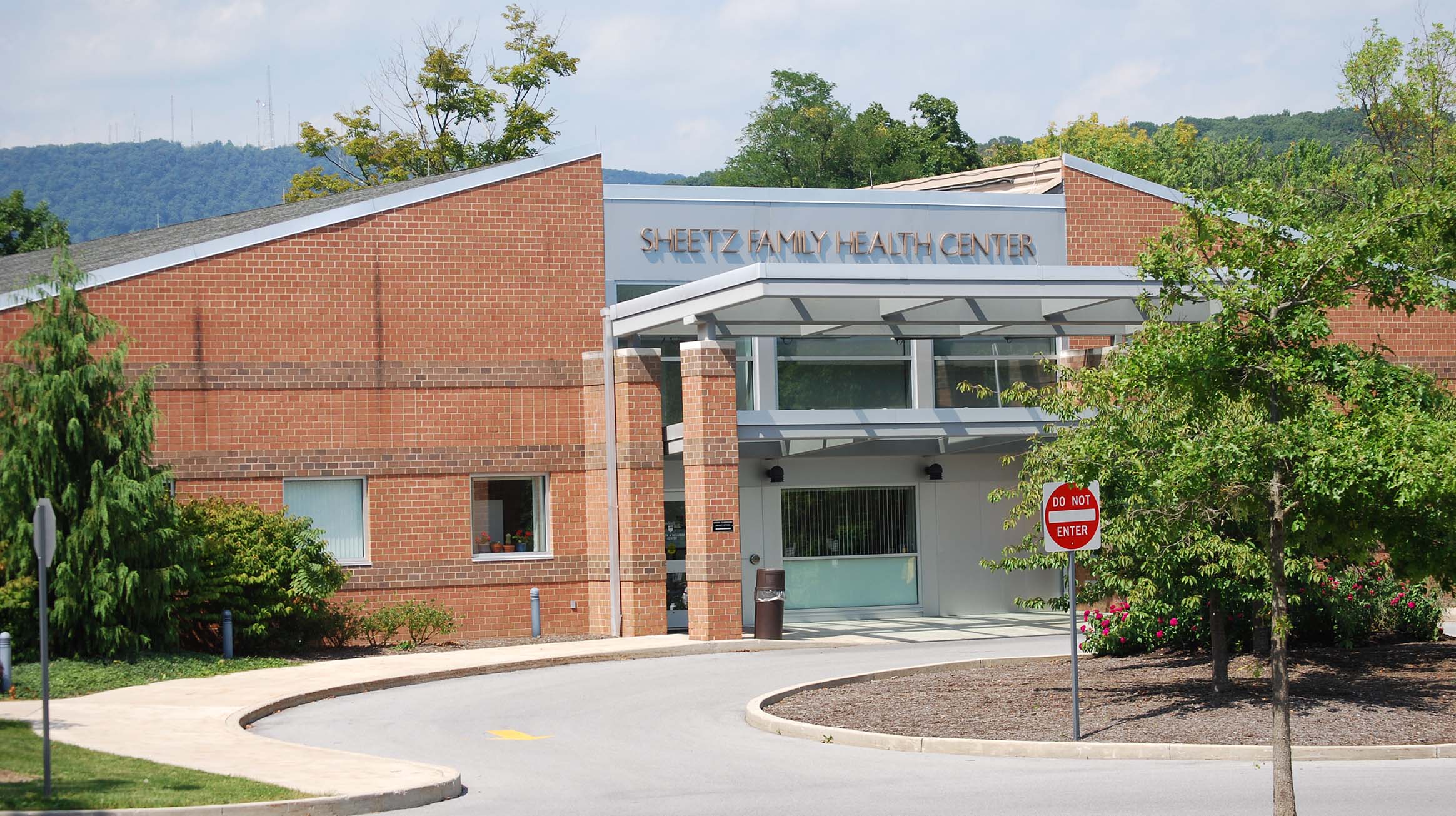A Penn Stater put her studies to use — not once, but twice — to help the University mitigate the spread of infectious diseases on campus to the community.
Shelley Haffner first used her knowledge in public health preparedness to improve the infectious hazards response planning for the University’s Student Health Center in 2015, when she was a Penn State World Campus student and the infectious disease manager for University Health Services. She followed that with training exercises at University Park and other Penn State campuses until her retirement in February 2020. That fall, Haffner came out of retirement to help manage the Penn State Altoona campus’s day-to-day response to the COVID-19 outbreak.
She said she was able to lead the planning and responses thanks to what she learned through her degree program, the public health preparedness option of the Penn State intercollege Master of Professional Studies in Homeland Security.
“My studies helped me to understand the bigger picture of how an infectious disease outbreak on a university campus impacts the surrounding communities,” Haffner said. “Keeping that in mind, identifying key contacts before a disease outbreak and then training together improved communication and collaboration, which are essential during any type of emergency or disaster.”
Infectious hazards response plan
Years before the COVID-19 pandemic, Haffner worked on the response for University Health Services during the 2009 H1N1 influenza pandemic. That is what led her to realize years later, when she was studying emergency management in the program, the need for a comprehensive infectious hazards plan that could be used for a multitude of diseases, such as chicken pox, measles, meningitis, mumps, or new pathogens.
She said a plan was important for University Health Services, a unit of Penn State Student Affairs, because an outbreak among students would likely first be identified by its practitioners. The plan she created identifies University and community stakeholders who would respond, their duties, needed supplies, and more.
She said Penn State and Centre Region emergency management offices worked with her to stage exercises using the plan. For her capstone course, she coordinated a joint exercise among those emergency management teams. She graduated in 2017.
Haffner and Penn State Emergency Management worked with officials at the health centers at other Penn State campuses to develop their own plans and train staff.

